Continued my father’s legacy through ‘Murir Tin’: Towfique
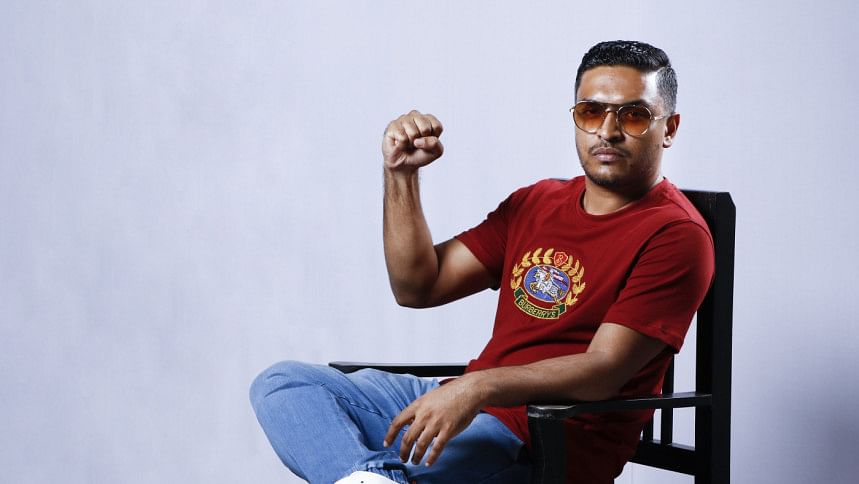
A bright star in Bangla rap, Towfique Ahmed started his musical journey in 2008. Towfique gradually carved his place in the Bangladeshi music scene, with his unique voice and delivery.
Recently, the first song of Coke Studio Bangla Season 2, "Murir Tin," captivated the audience with its fusion of local dialects of Chittagong, Sylhet, and Khulna. In that song, Towfique sang in his native Khulna tongue, which gave the song a different vibe.
How was the audience's response to the song "Murir Tin"?
We got an outstanding response from the audience, which was really unexpected for me. I personally didn't think people would love and receive this song so positively. I have got messages from in and outside the country for this song. They all liked the song because it represented their roots and culture.
What was your experience of singing in your regional dialect?
When we recorded the song, we had no idea that it would be the first song of Coke Studio Bangla season 2. As I always sing in proper Bangla, it was a different experience for me to sing in a particular dialect. If you listen to my rap songs, you will know that even in rap I don't use any other dialect. So, it was overwhelming for me when I saw that people really liked my part of the song.

Tell us about your musical journey. When did you start rapping?
My rap music started back in 2008 in the UK, when I was there for my studies. I performed a freestyle rap at a Bengali festival in London in front of a big crowd, which boosted my confidence in rapping. Then, in 2010, I formed my band, "Rajotto," and released my first self-titled album, "Rajotto" along with my bandmate Faisal Roddy. Songs like "Bidrohi" and "Protishshruti," among others, played a vital role in my musical career.
I always try to give a social message through my songs.
What's your opinion on the rap music scene in our country?
When I started rap music in our country, the genre was not very popular. I didn't get enough support from the brands. However, the present scenario is quite different from the past. Now, corporate brands sponsor these types of songs and encourage the youth to try out different genres. Today's young generation sings a different style of rap, which I appreciate a lot.

How did it feel to represent your dialect on such a great platform?
My father was a very popular leftist politician in our hometown, Khulna. He was so dedicated to his hometown that he never left Khulna in his entire life and died there. As a son, I feel a certain responsibility towards my hometown too. Although, I haven't done anything like my father, but I tried to represent my Khulna dialect to the country through this song. It's a great deal for me. The people of my hometown are telling me that I am continuing my father's legacy, which makes me emotional.

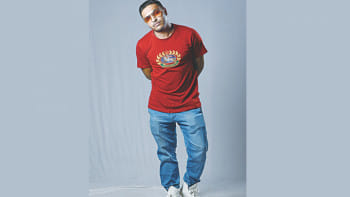
 For all latest news, follow The Daily Star's Google News channel.
For all latest news, follow The Daily Star's Google News channel. 

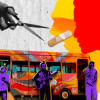
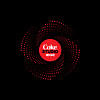

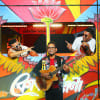



Comments